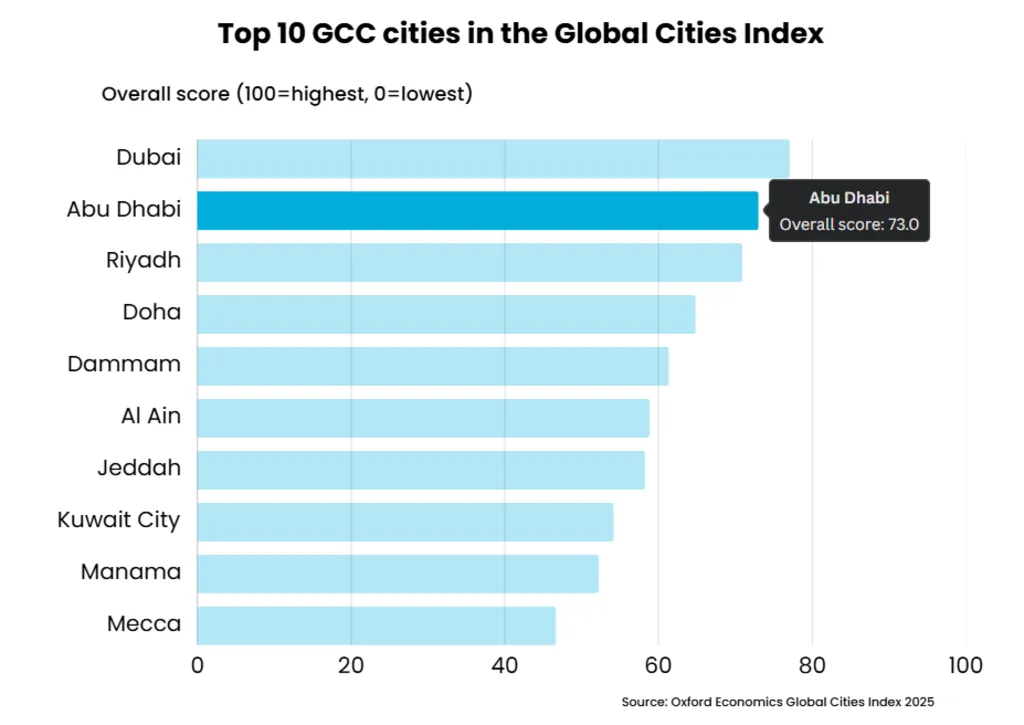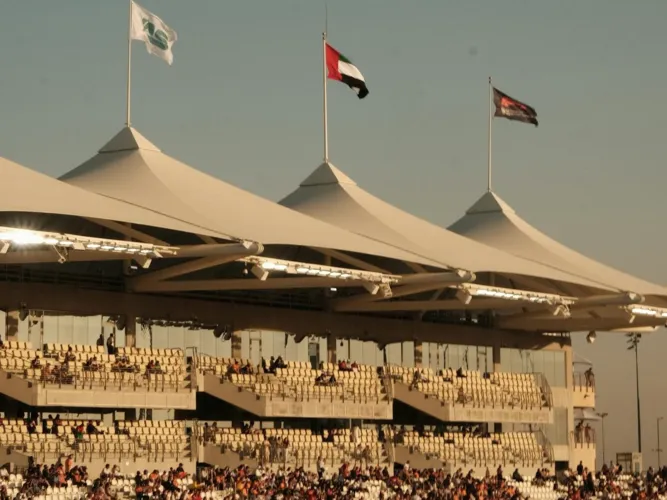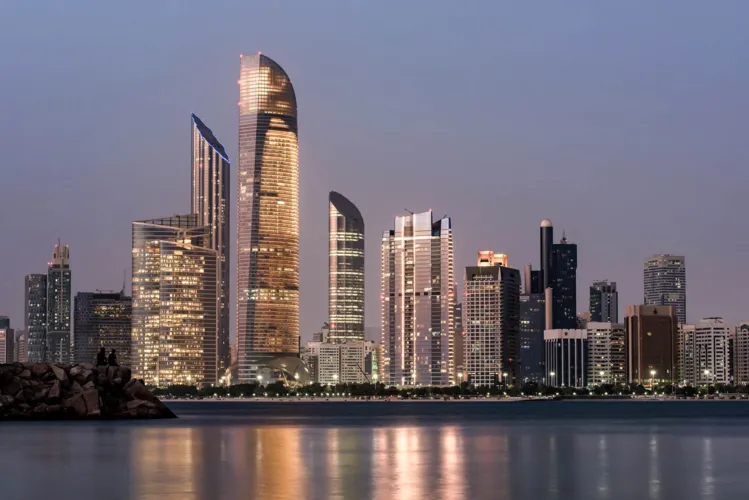Abu Dhabi Scores 73.0 in GCC Competitiveness Index
In the 2025 Global Cities Index published by Oxford Economics, Abu Dhabi secured the second-highest ranking among Gulf Cooperation Council (GCC) cities, with a score of 73.0 out of 100. This strong performance in Abu Dhabi City Competitiveness reflects the city’s strategic investments in education, infrastructure, and public services, positioning it as a balanced and forward-looking urban hub. The index, which evaluates 1,000 cities worldwide, highlights Abu Dhabi’s growing influence in both regional and global competitiveness.

Human Capital Drives Abu Dhabi City Competitiveness
A key pillar of Abu Dhabi City Competitiveness is its exceptional human capital score of 84.0. The city’s investment in higher education, research institutions, and workforce development has created a robust talent ecosystem. Abu Dhabi’s universities and vocational programs attract students from across the region, while its highly educated workforce supports innovation in sectors ranging from finance to clean energy. This emphasis on knowledge-based growth continues to elevate the city’s global standing.
Quality of Life Index: Abu Dhabi Scores 74.4
Abu Dhabi’s quality of life score of 74.4 reflects its commitment to creating a livable, safe, and well-serviced environment. Residents benefit from world-class healthcare, modern housing, and reliable public services. The city’s low crime rates and high safety rankings make it particularly attractive to families and professionals seeking long-term stability. These factors contribute significantly to Abu Dhabi City Competitiveness, reinforcing its appeal to both domestic and international investors.
High Income Per Capita and Economic Stability
While Abu Dhabi may not have the largest economy in absolute terms, its high income per capita and solid economic stability score underscore its fiscal resilience. The city’s prudent management of public finances and long-term planning have created a stable foundation for growth. Diversification efforts, including investments in renewable energy, logistics, and tourism, are reducing reliance on hydrocarbons and enhancing economic agility.
Housing Affordability Remains a Key Challenge
Despite its strengths, Abu Dhabi faces challenges in housing affordability. Premium developments on Saadiyat Island, Al Reem Island, and Yas Island have limited land availability and driven up prices. To improve Abu Dhabi City Competitiveness further, the city could expand housing options for middle- and lower-income groups. Initiatives such as mixed-use developments and broader freehold ownership for expatriates would help balance the market and support inclusive urban growth.
A Model for Sustainable Urban Development
Abu Dhabi’s strategic approach to sustainability and urban planning sets it apart in the GCC. From green building codes to smart city initiatives, the city is investing in long-term resilience. Its balanced performance across economic, social, and environmental metrics makes it a model for cities aiming to thrive in a post-oil era. As global competition intensifies, Abu Dhabi’s holistic development strategy ensures it remains a top contender in the region.
Also Read: Abu Dhabi Tax Advantage: Why It’s the World’s #1 City for Wealth in 2025







